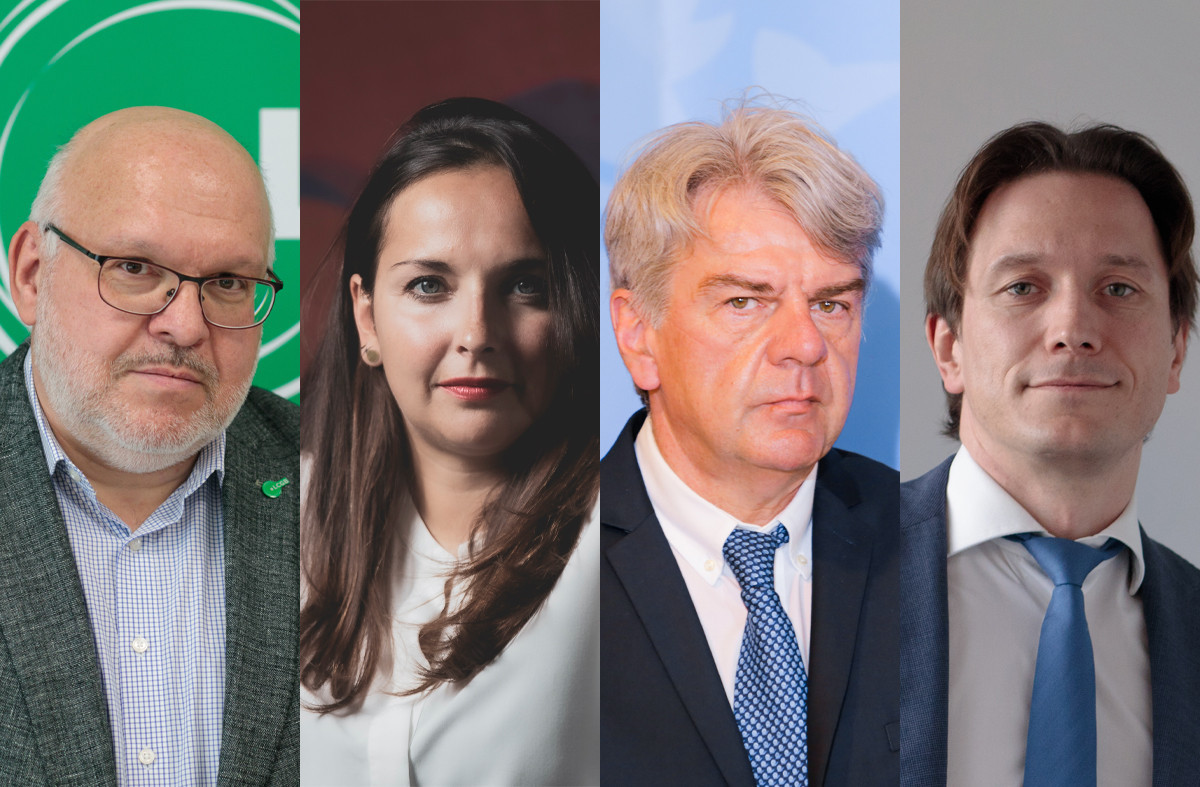Tripartite meetings are called when a consensus in significant social and economic matters is needed. Born from the steel crisis that shook the very fabric of Luxembourg’s economic activity, the meetings are a dialogue between the government, employers and trade unions. The aim of this meeting will be “to take stock of the social, financial and economic situation”. The government will be represented by prime minister Xavier Bettel (DP), deputy prime ministers Dan Kersch (LSAP) and François Bausch (Déi Gréng) as well as ministers Pierre Gramegna (DP), Franz Fayot (LSAP), Claude Meisch (DP) and Lex Delles (DP). The trade unions OGBL, LCGB, CGFP and UEL will be present too.
What are unions hoping for from this meeting, which aims to “reach consensus on important economic and social issues” by bringing together representatives of the government, employers and employees? Delano’s sister publication Paperjam asked the participating trade unions.
Fighting inequality and safeguarding lives
“We insisted on having this tripartite meeting to help the players find common solutions and a socially just and liveable way out of the crisis,” said Nora Back, president of the OGBL trade union. “This is not a meeting, it is a process that must lead to solutions and compromises.” She lists in her demands “the fight against inequalities,” the latter having “increased with the pandemic”. She referenced purchasing power, which is at half mast because of the various price increases. This could be done by “raising the minimum social wage” or by increasing collective agreements, which allow “better wages”. Or a 7.7% increase in family allowances to “compensate for the loss suffered” after the de-indexation in 2006. The OGBL president also wants to talk about the labour market. “We need better protection in the event of a redundancy plan, more rights to training”. She wants to know more about the prime minister's solutions to the housing crisis, and to talk about taxation. "We are aware that there will be no major reform, but we can focus on more equity.” That is, "less tax for middle and low earners,” she explains before adding, on the subject of working hours that “the reduction of working time with salary maintenance should not be a taboo”.
The LCGB union wants to look at the “social repercussions on private sector employees” of the health crisis and the "safeguarding of lives" too, adds Patrick Dury, the LCGB’s president. It will be a question of “seeing what can be done in terms of purchasing power to compensate for the losses suffered with partial unemployment or the rise in energy prices”. The tax issue will also be on the agenda. “Firstly, we are asking for tax relief for small and medium-sized salaries. And indexation (of taxes, editor's note) to the price index.”
Taking stock
The same issues apply to civil servants. The president of the general confederation of civil service (CGFP), Romain Wolff, would like “to have information on the economic and social situation of the country” and wonders “who will pay for the pandemic?” He adds: “What we don't want is for the taxpayer to have to pay for everything, like last time during the financial crisis.” In other words, no covid tax. He hopes for “compensation measures” to help households affected by the rise in energy prices. But also for a “real dialogue” with the government on these issues, even if he regrets that the meeting comes “too late”, after the vote on the budget (the budget committee was due to meet in the parliament on Friday 10 December at 5pm). “Everything is decided.”
Although not part of those asking for the meeting, the employers’ union UEL will also be present. “The social dialogue is working well at different levels”, explains Jean-Paul Olinger, director of the Union des Entreprises Luxembourgeoises (UEL). He welcomes the various tripartite exchanges that take place at sectoral level or concerning specific subjects, such as the implementation of CovidCheck in companies. The national tripartite will therefore be “an opportunity to follow up on the last tripartite in July.” The discussions at that time had revolved around solutions for employment. It will be a question of “taking stock, seeing to what extent it has helped” rather than to “redistribute the cake.”
The UEL has no specific demands beyond this overall point.
This story was first published in French on . It has been translated and edited for Delano.
